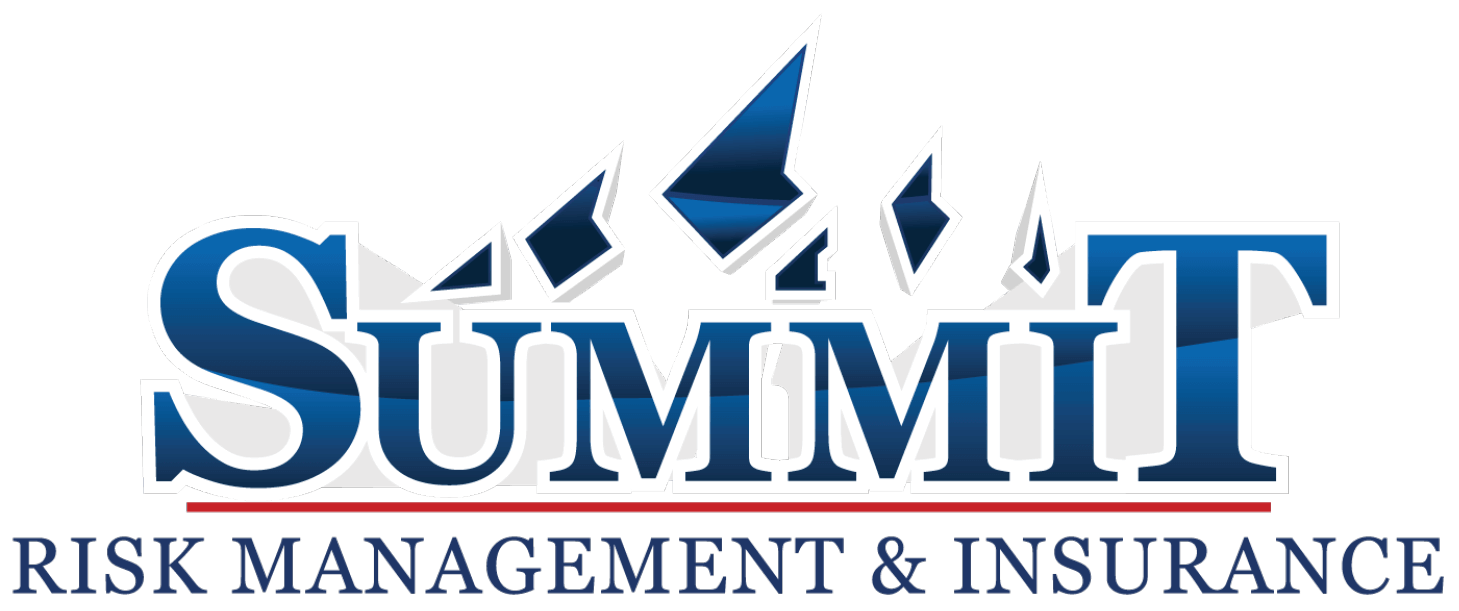With the signature of Governor Ned Lamont, Connecticut has become the 7thstate to mandate paid family leave, joining California, Massachusetts, New York, New Jersey, Rhode Island, Washington and the District of Columbia. Although the new law only directly impacts Connecticut employers, businesses nationwide should pay attention as paid family leave proposals pop up in statehouses across the country. By some counts, approximately 20 other states are considering similar proposals, with several expected to pass legislation this year.
The new paid leave benefits are an amendment to the Connecticut Family and Medical Leave Act (CTFMLA) which was the first law of its kind when enacted in 1990. The law, as it exists today, provides up to 16 weeks of unpaid leave in a 24-month period and applies to employers with 75 or more employees in the state of Connecticut.
This new bill makes substantial changes to the nearly 30-year-old CTFMLA. In addition to providing up to 12 weeks of paid leave during a 12-month period, the bill lowers the employee count to 1 and reduces the amount of time an employee must work before taking leave.
Payments under the new system will be financed by employees through a new payroll tax of ½ a percent on earnings in the state. This stands in contrast with the approach of some other states who assess a tax on employers or split the cost between employees and the employer. The new payroll tax goes into effect in January of 2021.
Benefit eligibility begins in January of 2022 and compensation under the new program may be the most generous in the nation with employees on leave eligible for up to 95% of their regular earnings subject to a $900 weekly cap.
The proliferation of state leave laws presents special challenges for multi-state employers. In addition to monitoring and correctly administering multiple leave programs, employers must also battle the perception that employees in certain states receive special or favored treatment. Well-constructed leave policies and supervisor training are more important than ever.
For more information contact us.
